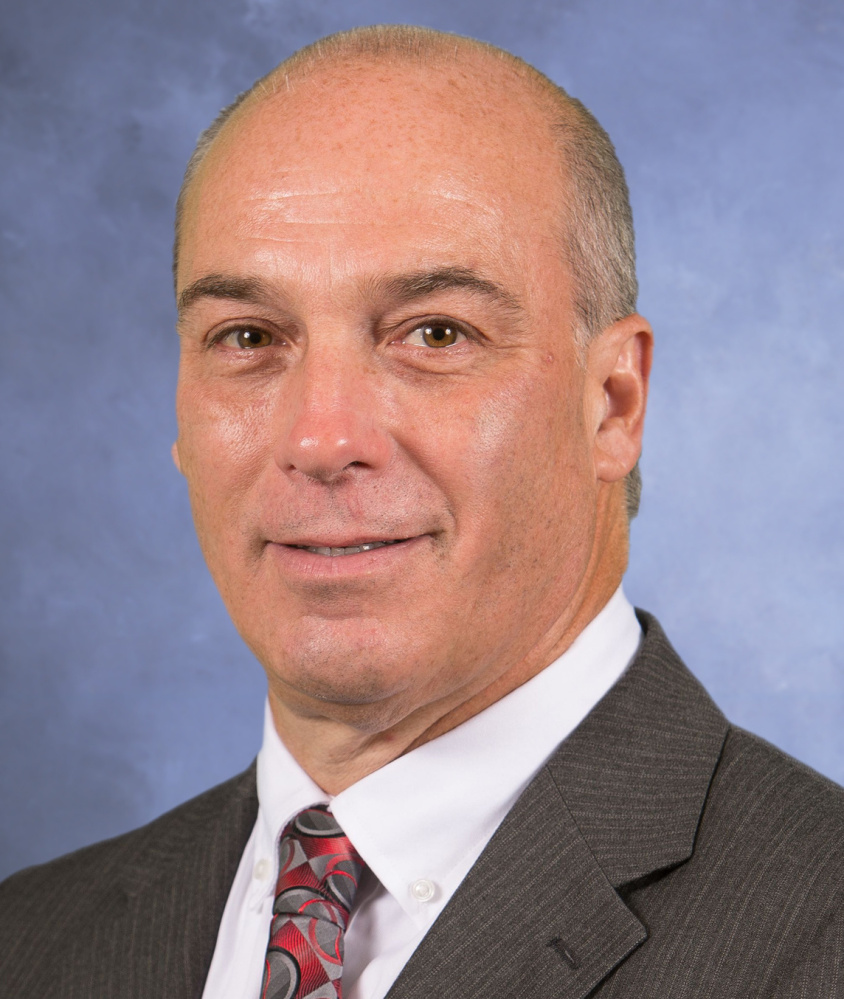A prominent Maine banker has left the industry after more than 35 years to take on a newly created position at one of the state’s largest credit unions.
Marcel Blais, former senior vice president and chief operating officer of the community banking division at Northeast Bank, joined Maine Savings Federal Credit Union as chief retail officer in September. Blais said that with credit union membership growing steadily and technology enabling smaller financial institutions to offer more services, he decided it was a good time to make the switch.
“They joke around that I’ve jumped to the dark side,” he said about his banker friends. “My response to them is I wish I had done it sooner.”
With about $300 million in assets, Hampden-based Maine Savings is the state’s second-largest credit union after Maine State Credit Union, which has more than $360 million in assets.
Credit unions in Maine have seen significant growth over the past decade. There are now more than 60 credit unions in the state with combined assets of roughly $6.62 billion. Still, they remain a small fraction of the financial sector. Maine-chartered banks have combined assets of $37.4 billion, and that figure excludes large out-of-state players such as Bank of America and TD Bank.
Blais said that if credit unions were more aggressive in their marketing efforts, they would be even more successful at luring customers away from traditional banks. In particular, he said it is likely that many bank customers aren’t aware that non-profit credit unions offer home mortgages, commercial loans, online and mobile banking, and other services more often associated with for-profit banks.
“We can provide virtually everything that banks can provide,” Blais said. “I would not have known that being on the bank side.”
The position of chief retail officer is a new one for Maine Savings. It was created following the recent retirement of Don Poisson, vice president of member services, after nine years with the credit union.
Blais is a Maine native and Lewiston resident who attended the University of Maine, Augusta. His responsibilities at Maine Savings include overseeing all operations of the credit union’s 10 branches as well as its member service center, which serves members through a variety of channels including telephone, web chat and secure online messaging.
The new chief retail officer position is more focused on sales and customer service, two areas Blais understands well. He began his career as a bank teller and worked his way up through the ranks over 37 years on the job. One of the things that Blais said appealed to him about taking the Maine Savings position was the opportunity to work more directly with customers.
“I wanted to get back to dealing with members,” he said. “As I started looking around … it became apparent to me that credit unions are the place to be.”
Several high-level employees at large banks in Maine have either switched to credit unions or taken jobs at smaller community banks in recent years. They often cite a desire to have more local control over decisions and direct customer interaction.
“I regularly speak with people that come from banks, and they’re very happy to make that transition,” said John Murphy, president of the Maine Credit Union League.
However, the reverse is also true, as there have been notable executives at smaller banks and credit unions that have moved to larger banks or taken on greater responsibilities through mergers and acquisitions.
According to industry statistics, Maine banks employ roughly 7,000, while credit unions employ just over 2,000.
The banking industry has undergone a great deal of consolidation lately, with smaller operations being absorbed by larger ones. Three weeks ago, Camden National Bank completed its takeover of the Bank of Maine. In February, Biddeford Savings and Mechanics Savings banks announced a merger to become Maine Community Bancorp. Blais said it is challenging for small community banks in Maine to generate a steady profit while dealing with stricter regulations and meeting customer demands for expanded services.
“It’s hard to turn a profit in a world where we’re not seeing a lot of population growth in Maine,” he said.
Still, the banking crisis that hit hard in late 2007 has created new opportunities for smaller operations such as community banks and credit unions, Blais said. Huge national banks such as Bank of America, Chase Bank and Wells Fargo were inundated with criticism about irresponsible mortgage lending practices and the millions of home foreclosures they created.
The public’s reaction to that scandal has increased the popularity of smaller and more local financial institutions, Blais said.
“With the lending crisis, I think people have gotten the idea that bigger is not necessarily better,” he said.
Send questions/comments to the editors.




Success. Please wait for the page to reload. If the page does not reload within 5 seconds, please refresh the page.
Enter your email and password to access comments.
Hi, to comment on stories you must . This profile is in addition to your subscription and website login.
Already have a commenting profile? .
Invalid username/password.
Please check your email to confirm and complete your registration.
Only subscribers are eligible to post comments. Please subscribe or login first for digital access. Here’s why.
Use the form below to reset your password. When you've submitted your account email, we will send an email with a reset code.